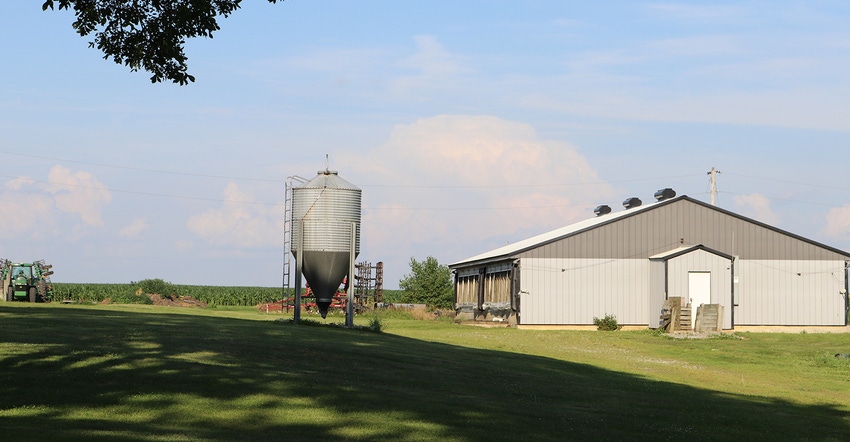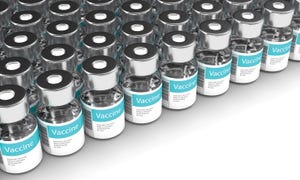Ag groups respond to possible rodenticide restrictions
EPA is reported to be considering allowing only "certified pesticide applicators" to apply the products on farms.
February 11, 2022

The National Pork Producers Council and nine other agricultural groups late last Friday submitted answers and observations in response to a U.S. Environmental Protection Agency request for information about the use of rodenticides to control rats and mice infestations on farms. EPA regulates which pesticide products can be used and how they are used under the Federal Insecticide, Fungicide, and Rodenticide Act.
The agency is reported to be considering allowing only "certified pesticide applicators" to apply the products on farms, requiring protective respiratory equipment be used when applying rodenticides and mandating detailed records on rodenticide use be kept and maintained.
NPPC and the groups said in their comments: "These products are absolutely critical to attaining multiple objectives important not only to our members' operations but to society as a whole."
They pointed out that rodenticides help protect the health and well-being of animals, ensure the safety of the food those animals produce, prevent the propagation and spread of human pathogens carried and transmitted by rodents and reduce the loss of feed from rodent waste and consumption.
Restrictions on the availability of rodenticides or that increase the costs of their acquisition, use and management could result in the loss of small- to mid-size farms and ranches and increase concentration in the agriculture industry, the organizations concluded.
In addition to NPPC, the letter was issued by the American Farm Bureau Federation, American Feed Industry Association, American Horse Council, National Cattlemen's Beef Association, National Council of Farmer Cooperatives, National Milk Producers Federation, National Turkey Federation, United Egg Producers and the U.S. Poultry and Egg Association.
Click here to read the full letter.
Source: National Pork Producers Council, which is solely responsible for the information provided, and wholly owns the information. Informa Business Media and all its subsidiaries are not responsible for any of the content contained in this information asset. The opinions of this writer are not necessarily those of Farm Progress/Informa.
About the Author(s)
You May Also Like



